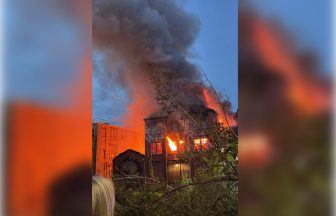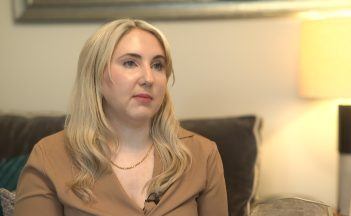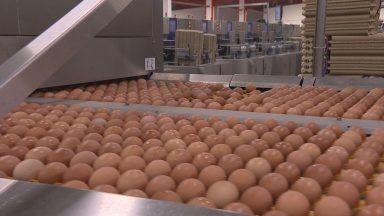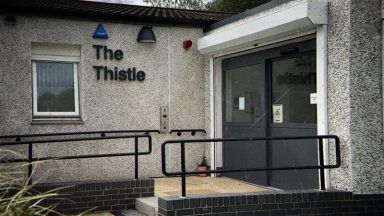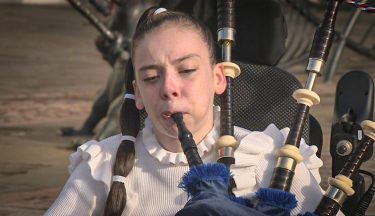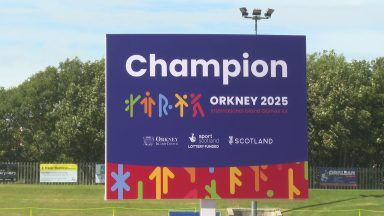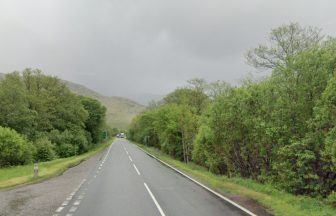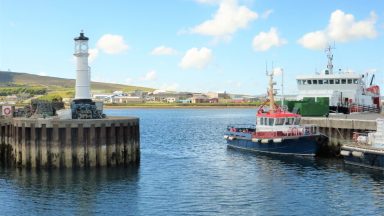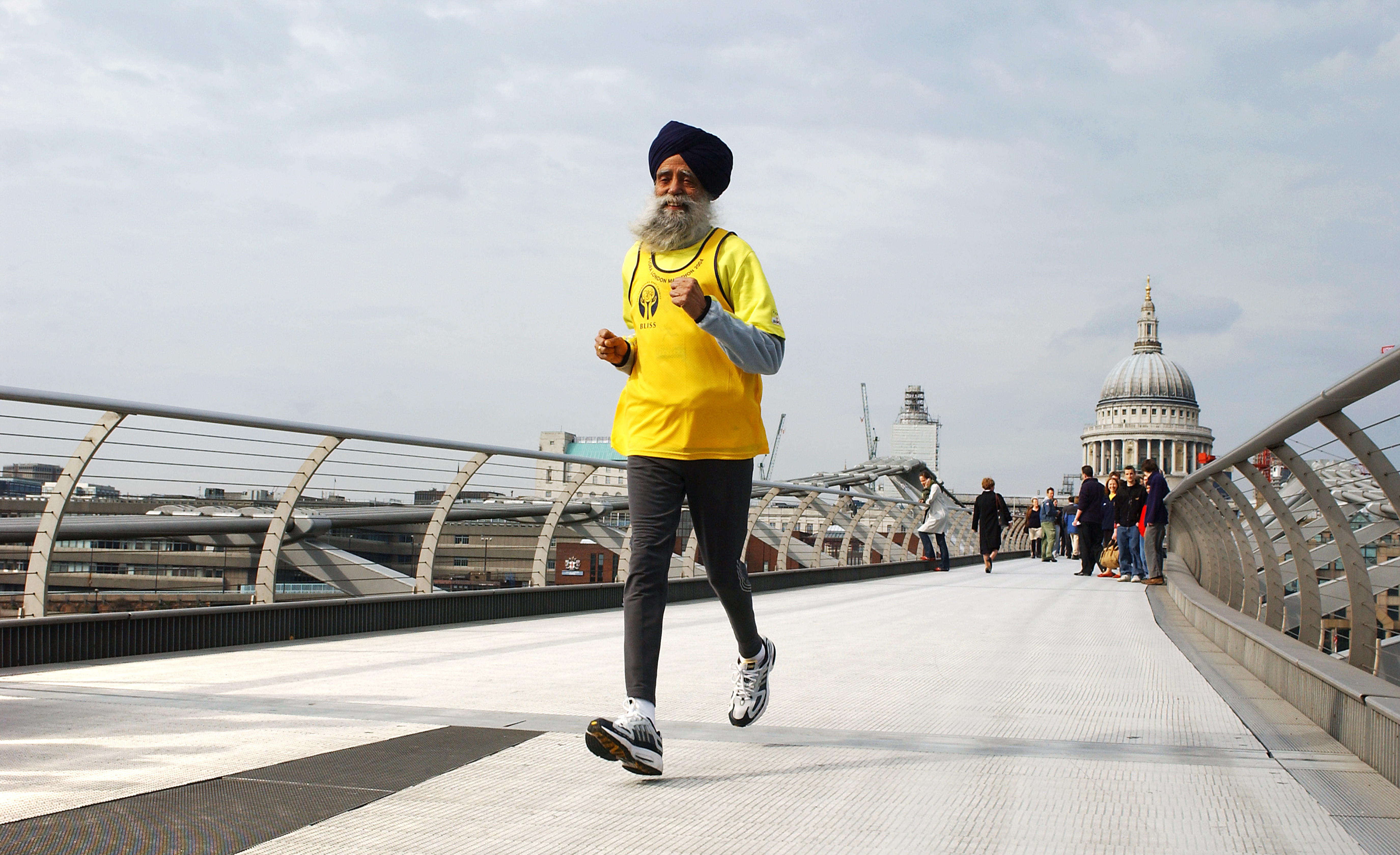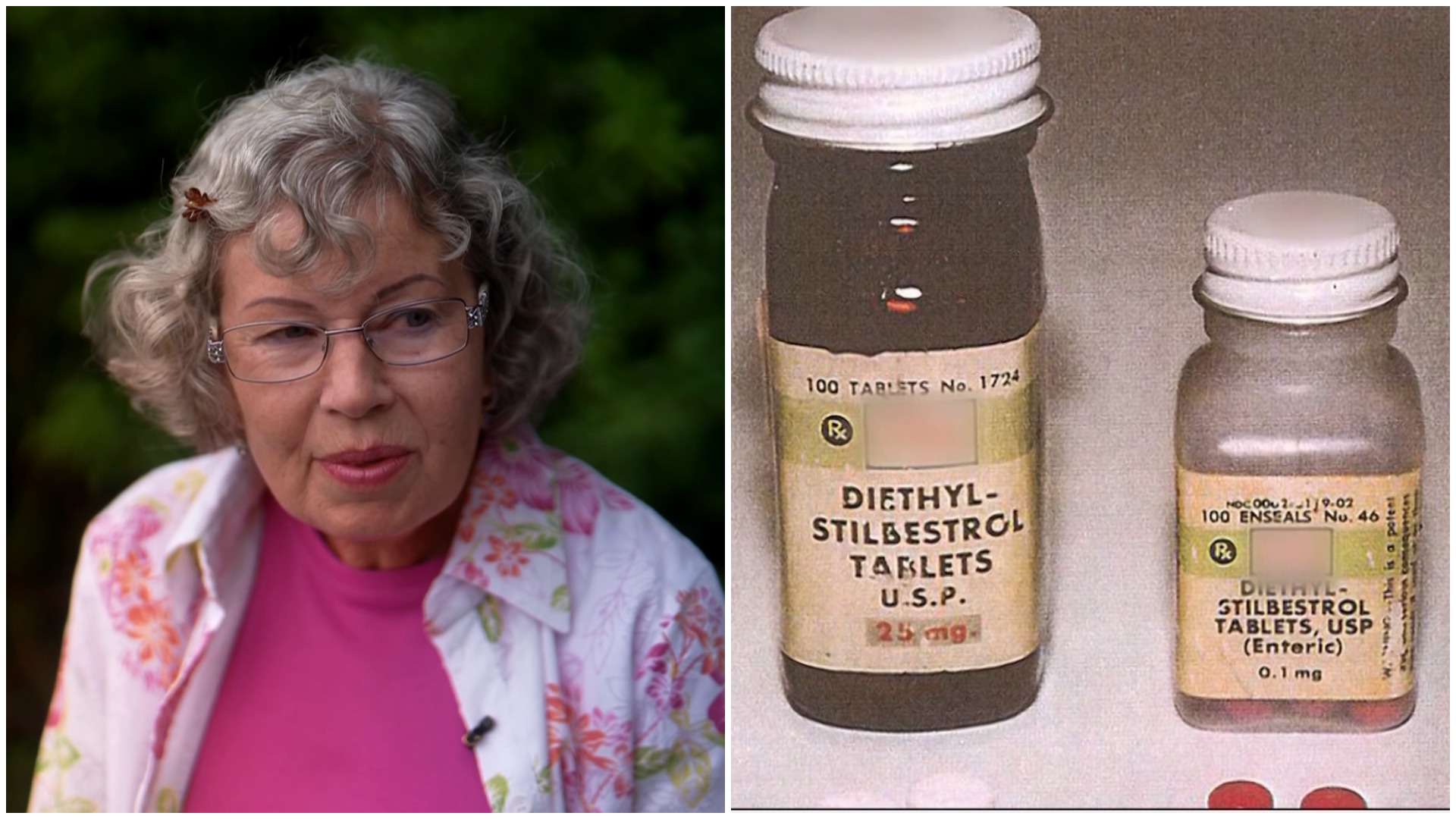Hundreds of Highland Council jobs will be lost in the coming months to help balance the local authority’s books, according to opposition politicians.
It’s estimated that the council – with a total budget of £600m – will face a shortfall of “at least” £40m next year.
Finance chiefs have blamed a combination of Brexit, the pandemic, rising inflation and Russia’s invasion of Ukraine for what the SNP-led administration concedes is “a financial crisis”.
A thorough review of a capital spending programme agreed by councillors last December has been instigated.
There was a level of harmony at a full council meeting in Inverness on Thursday with all parties acknowledging the multiple causes of the financial situation.
But speaking to STV News outside the meeting, Liberal Democrat opposition group leader Alasdair Christie said: “The council, by the administration’s own admission, is looking at hundreds of jobs being deleted.
“So, that’s jobs going out of Highland when we’re trying to maintain [retain] people in Highland and stop depopulation. That’s going to play a real critical role if we’re actually having fewer jobs available.”
The council’s SNP leader Raymond Bremner dismissed the claim about jobs.
He said: “This is a financial crisis, one that probably does sit without precedence and it’s been very, very fluid.
“It’s something that we’ve got to be very sharp about in terms of how we manage our thinking process going forward.”
In a report to the meeting, the council’s finance officers highlighted rising inflation and a shortage of materials and contractors as the main factors, along with recent unforeseen rises in interest rates impacting the affordability of its plans.
Rising interest rates pose a risk to future budgets for years to come, the report stated.
“Interest rates continue to be volatile and it is, therefore, difficult to predict the future trend with any degree of certainty,” it said.
To illustrate the impact, the total cost payable for a primary school financed by borrowing costing £15m at a 2% interest rate would have been £22.9m.
If the capital cost of the project rises to £20m and with interest rates of 5%, the overall project cost increases to £50.7m, with more than double the original payback cost.
A revised capital programme will go before a December council meeting.
Follow STV News on WhatsApp
Scan the QR code on your mobile device for all the latest news from around the country


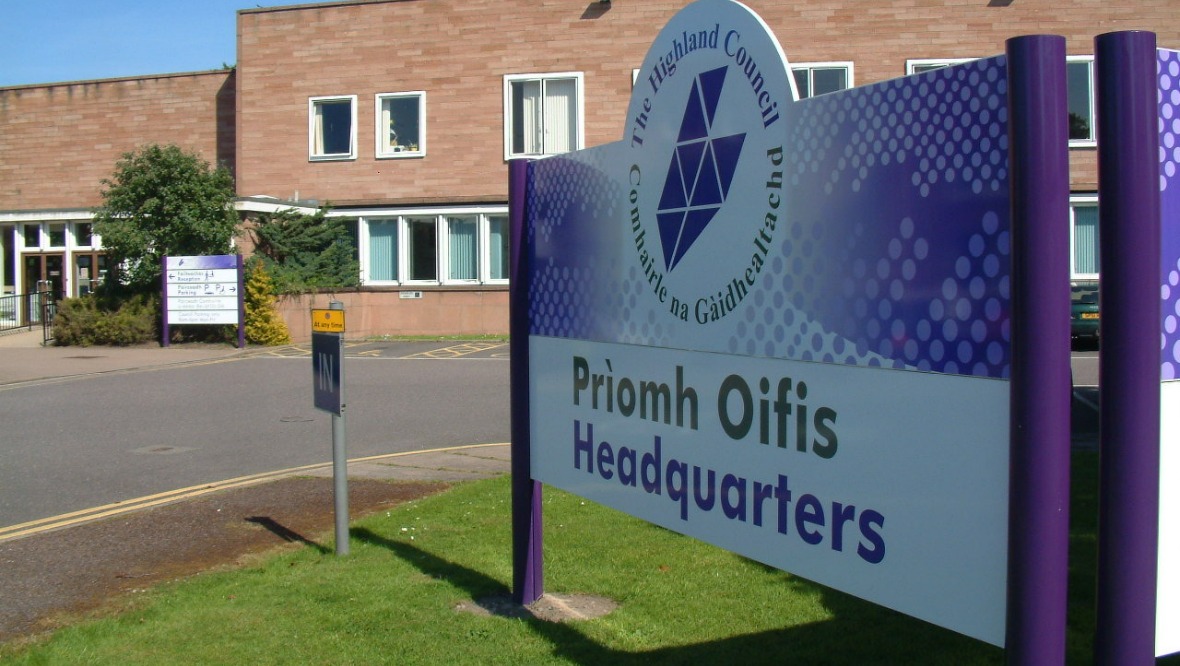 LDRS
LDRS